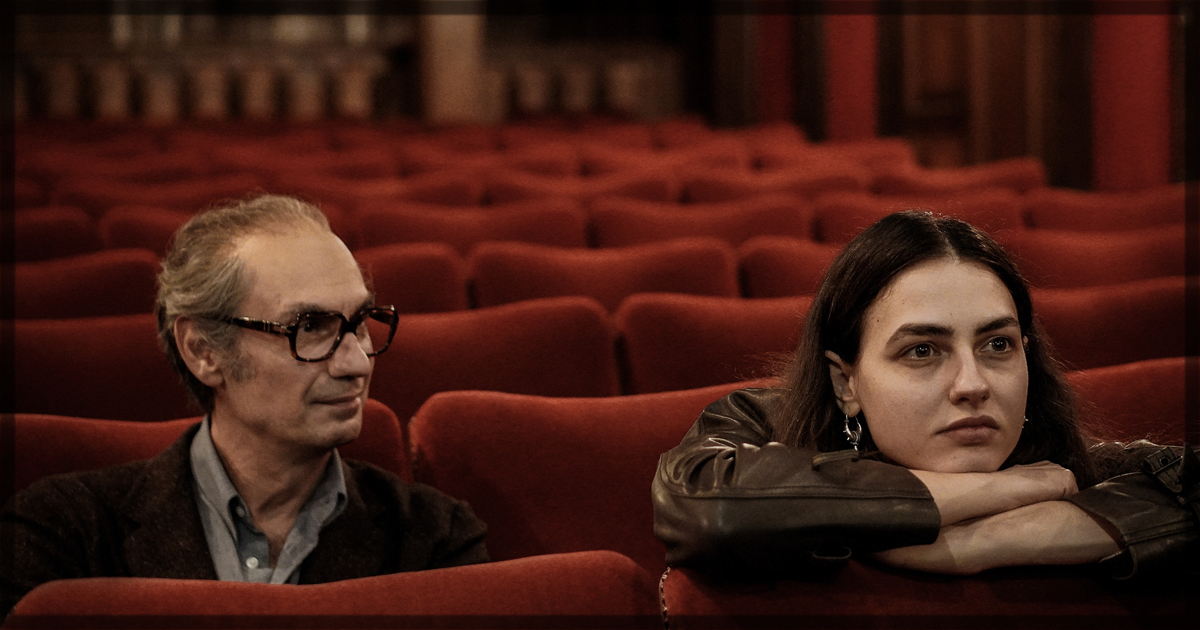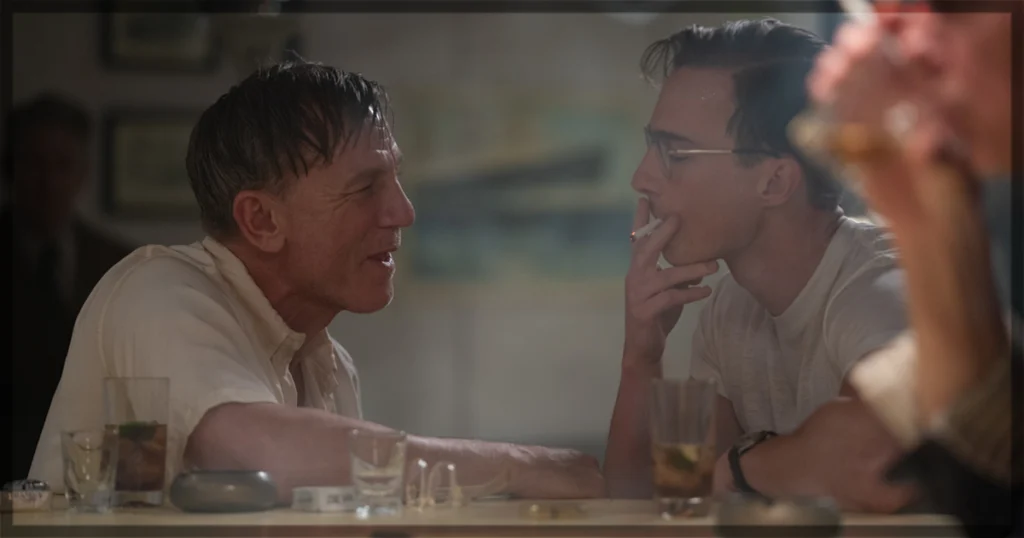Writer-director Francesca Comencini apparently decided that her entire audience for The Time It Takes would be people who already knew that she is the daughter of the late Italian film director Luigi Comencini. This was so obvious to her that neither the father (played by Fabrizio Gifuni) nor the daughter (played as a child by Anna Mangiocavallo and as a teenager/adult by Romana Maggiora Vergano) in this movie are given names. Or the other members of their family. Or anything resembling a plot outside of their interactions. Ms. Comencini wanted to tell the story of the life lessons her father told her, with her sometimes literally sitting at his feet, and how this wisdom enabled her to find her own path forward. The trouble is if you are not a student of Italian cinema from approximately 1965-1985, a great deal of what is so painstakingly recreated here will be lost on you. And if you are reduced to sarcasm when watching a young woman get cured of a drug addiction by the power of her father’s love, then this movie is not for you.
But maybe it is! What we see of the father’s career is from the small daughter’s perspective, as she is occasionally allowed to be present at the filming of complex scenes, usually involving other children, in his movies. At home, a spacious flat in Rome, people bring by special Pinocchio puppets, or they companionably read in the large library. But as the daughter ages, she becomes enmeshed in the counterculture of the seventies – which represented here involved a lot of leaning near people playing their guitars in public – and stops talking to dad. The father is scandalized that his daughter would not only idealize the Red Brigades but also lie to him about her drug use. Fortunately a stern talking-to, a trip to Paris, and one (1) bad argument in a hotel fix everything. Suddenly the father has lost his hair and the daughter shows up one afternoon with a baby in her arms to discuss the beginnings of her own award-winning filmmaking career. Apparently, everything can be just that easy when you have a dad that loves you like this.
Mr. Gifuni has a one-note part but he plays it like a maestro. Ms. Maggiora Vergano, who had a small part in the box-office-record-breaking Italian smash There’s Still Tomorrow last year, gets to do a little more, but Ms. Comencini still demanded far too much adoring gazing from her. There’s a lovely repeated motif of illustrations from the Pinocchio books being laid over street scenes, and a surprising amount of period street scenes shot in both Paris and Rome. Luca Bigazzi’s cinematography is crisp and charming, and the gentle, cheery music by Fabio Massimo Capogrosso does a great deal to emphasize the rapport between the characters. But by far the most interesting imagery are pieces from silent films that the real Mr. Comencini rescued from literal garbage cans, using the unwanted reels to co-found a film museum in Milan. If we wanted to learn more about how the history of cinema shaped the lives of this family – for in real life there is a sister, who also became a movie director – the rescue of those silent movies and the ways in which the children learned about narrative on their father’s knee would have been considerably more interesting. As it is, The Time It Takes is an exercise in personal reflection, but unless you have an equal amount of daddy issues, it might not be for watching.
The Time It Takes (Il tempo che ci vuole) recently screened at the Venice International Film Festival.
You might also like…


